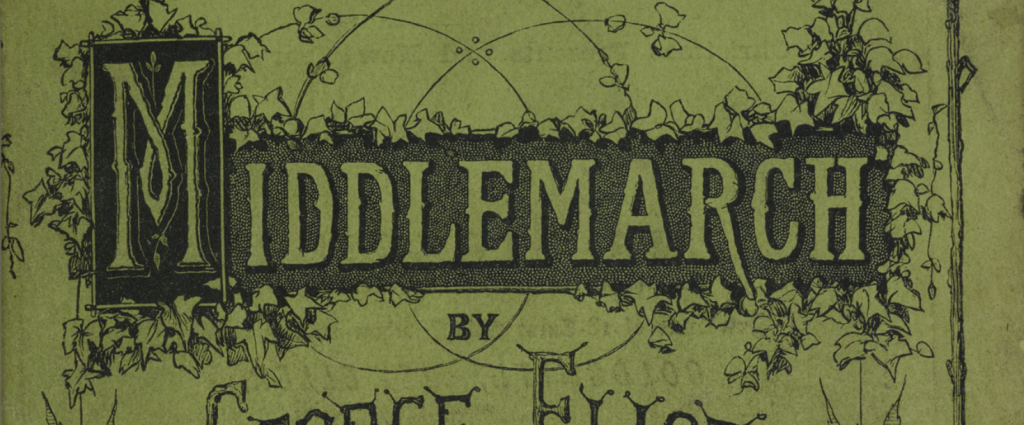Excerpt: He had gained an excellent practice, alternating, according to the season, between London and a Continental bathing-place; having written a treatise on Gout, a disease which has a good deal of wealth on its side. His skill was relied on by many paying patients, but he always regarded himself as a failure: he had not done what he once meant to do.
Question: To what extent is a utopian ambition portrayed to be a corrosive force within the world of Middlemarch
Of the six characters whose matrimonial lives we follow into the finale, Dorothea and Lydgate are alone united by how they had previously harboured certain utopian passions. At the start of the novel, where Dorothea aims to live up to the precedents set by the holy figures, a cause of significant internal conflict within her at the start of the novel, and to do what she can to alleviate material suffering, Lydgate seeks to advance medical knowledge and to contribute to medicine in ways that would...
more
 The novel has been one of the most important cultural forms of the past two hundred years. Yet in contrast to poetry and drama, the distinctive formal qualities of the novel have been difficult to define. What is a novel? This course will survey the ways that theorists have sought to understand the novel’s development and its unique form. We will begin with critical accounts of the novel’s rise in the eighteenth century. Why did the novel emerge at this moment, and what is its relationship to other literary and non-literary forms, like the romance and the newspaper? We will then think about the form of the novel and how theorists offer various accounts of its formal structure and its relationship to the world it represents. We will conclude the semester by looking to postcolonial approaches to the novel. This course will focus on the British novel, and we will think about these theories in relationship to the Victorian novel, George Eliot’s Middlemarch.
The novel has been one of the most important cultural forms of the past two hundred years. Yet in contrast to poetry and drama, the distinctive formal qualities of the novel have been difficult to define. What is a novel? This course will survey the ways that theorists have sought to understand the novel’s development and its unique form. We will begin with critical accounts of the novel’s rise in the eighteenth century. Why did the novel emerge at this moment, and what is its relationship to other literary and non-literary forms, like the romance and the newspaper? We will then think about the form of the novel and how theorists offer various accounts of its formal structure and its relationship to the world it represents. We will conclude the semester by looking to postcolonial approaches to the novel. This course will focus on the British novel, and we will think about these theories in relationship to the Victorian novel, George Eliot’s Middlemarch.